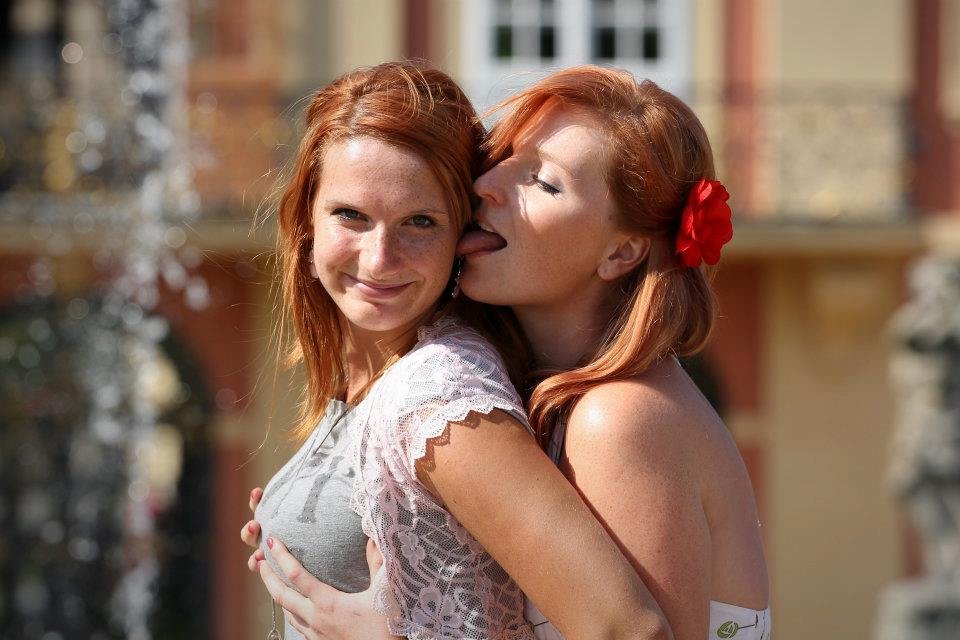I'll throw in some thoughts.
I remember that somebody upthread made some comment to the effect that the rules on "family-friendliness" are essentially snapshots of what was believed in the early 2000s. I more or less agree with that. As we and the site have all aged a decade, some of the norms are actually out of date and no longer really sync with what would be considered "family friendly" if this forum had stqarted a decade later.
I haven't looked up any hard evidence, but my best guess is that a random sample of Anglophone people would consider swearing considerably less problematic today than they would have ten years ago. Objectification of women, on the other hand, probably goes the other way around. I seriously doubt there would be Babe Threads if CFC were a decade younger, and I also seriously doubt that posting mostly-bleeped swear words (or perhaps the words themselves) would be forbidden either.
CFC's rules and enforcement thereof are extremely conservative in the sense that rules are very difficult to change and rarely change much. I don't really have a problem enforcing them even in the cases where I don't personally agree, mostly because CFC has some of the most civil and interesting discussion than I've seen on the Internet. I find it difficult to believe this could have happened without a strict ruleset, even if imperfectly enforced. So I'm willing to give people infractions for language and whatnot, because the structure of the system itself still works fairly well. The conservatism of the system has disadvantages too; I for instance would be fine with more relaxed PDMA rules, and there has indeed been discussion in the staff forum about what specifically we would be willing to allow, but no consensus as to what form this would take has yet been reached. Discussion is still ongoing.
About advocating violence: we obviously do not allow specific threats of violence, or advocation of violence against specific ethnic groups, religions, sexual orientations, and so forth. We do, however, often allow people to express opinions that imply that some level of violence will be involved. The decision whether or not to allow such an opinion is very much case-by-case.
As an example, threads advocating war or more limited military action are normally allowed, even though advocating war is equivalent to advocating violence. Similarly, a variety of posters have political positions that imply some level of violence: these range from any Communist who believes that violent revolution is necessary, to many anarchists of both the left and right wing varieties, to neo-conservatives advocating the imposition of "democracy" by military force, to even modern-day "moderates" who'd support drone strikes.
Any thread that's allowed to discuss off-topic issues (such as the old WWW thread, which I reviewed extensively and summarized) will end up hitting issues that involve violence sooner or later.
In the particular case that happened to contribute to the unrest in NES, a poster made comments relating to the Ferguson incident from an ultra-libertarian, anarcho-capitalist perspective, in which he made it clear that he thought it was acceptable to use force against government agents who were violating one's rights, as he defined them. I completely disagree with his positions, but they were not fundamentally different from other revolutionary opinions including the ones held by many Communists, among others that involve the abstract possibility of violence. No actual violence was threatened.
Both the poster in question and people responding to him received several infractions for incivility, but nothing was ruled to be inappropriate content. I agree with that decision; no opinions I saw expressed would have been disallowed in OT. Ultimately, the perception that we care more about how an opinion is expressed than about the opinion itself is generally correct. We won't allow blatant racism, sexism, homophobia, etc, nor will we allow explicit (not abstract) advocation of violence, among a few other things. But I see OT moderation as being mostly about keeping people with a very diverse group of opinions interacting civilly. Within a few limits, most expressions of opinion, even nutty opinions, are allowed. OT in particular wouldn't be interesting without its nuts.


